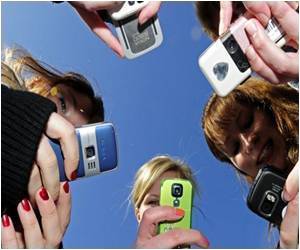Making a decision collectively is most effective if the person with the most expertise expresses their opinion with the most confidence.

‘Too much of confidence can make you come off as cocky and stumble into unforeseen obstacles, but having too little confidence can prevent you from taking risks and seizing opportunities.’





The study showed that "confidence matching", meant that people with different levels of expertise performed poorly: the less reliable person was too confident, while the more reliable person was not confident enough. This degree of stated confidence in one's opinion is infectious when working in a team, and can blur the boundary between well-informed and poorly-informed opinion, and be sometimes detrimental.
"Making a decision collectively is most effective if the person with the most expertise expresses their opinion with the most confidence," said Dan Bang from University College London.
"We found that even when an expert is paired with someone who lacks expertise, both participants will align their confidence levels so that their opinions will carry more equal weight," Bang added.
For the study, published in the journal Nature Human Behaviour, the team conducted six experiments involving 202 participants in Iran and Britain with the researchers asking people to perform a visual perceptual task.
Advertisement
However, when pairs were closely matched in their level of expertise, confidence matching helped boost their performance by reducing miscommunication, the researchers noted.
Advertisement
Source-IANS











